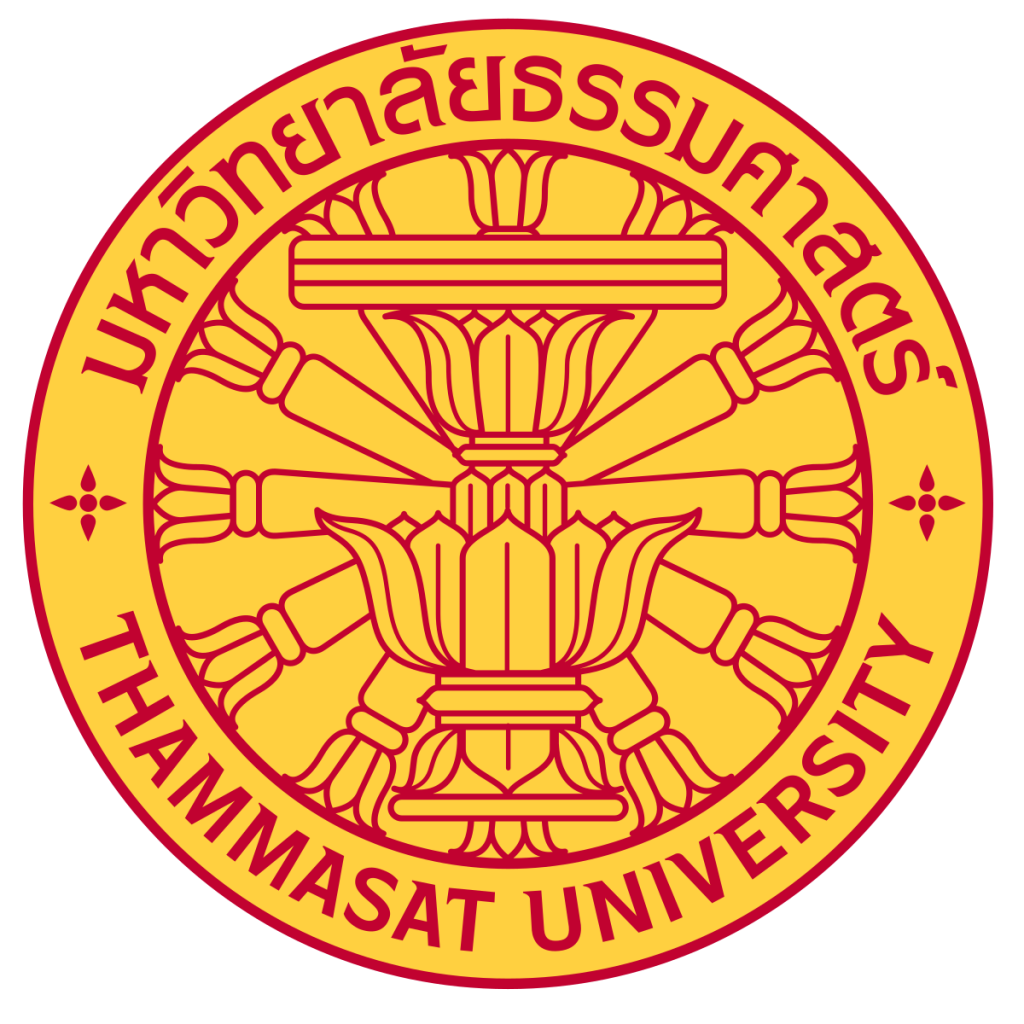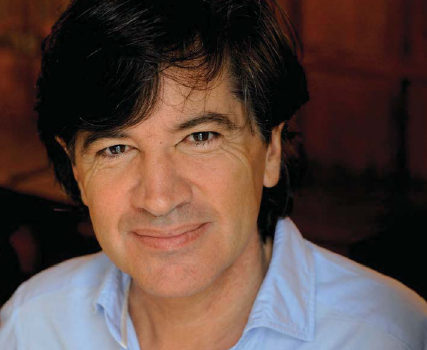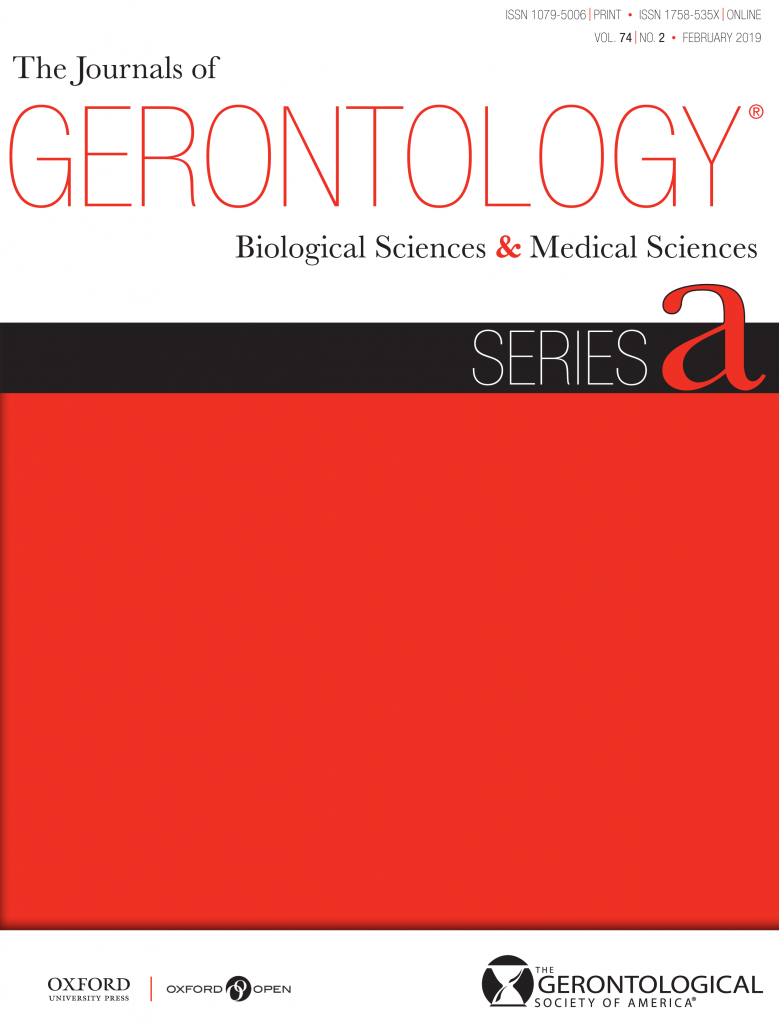 A food packaging journal plans to retract a 2018 article by Thai researchers who tried to repackage (ahem) a virtually identical article of theirs, Retraction Watch has learned.
A food packaging journal plans to retract a 2018 article by Thai researchers who tried to repackage (ahem) a virtually identical article of theirs, Retraction Watch has learned.
That’s not particularly unusual; duplication, sometimes inaccurately called “self-plagiarism,” happens, as they say. What makes the case more interesting is the back-and-forth between the journal and the authors.
Early last December, the editor of the Food Packaging & Shelf Life, Ali Abas Wani, sent a letter to Chiravoot Pechyen, of Thammasat University, the senior author on a paper FPSL had recently published online (but not yet in print): Continue reading Food packaging journal to retract paper by researchers in Thailand







.png)
